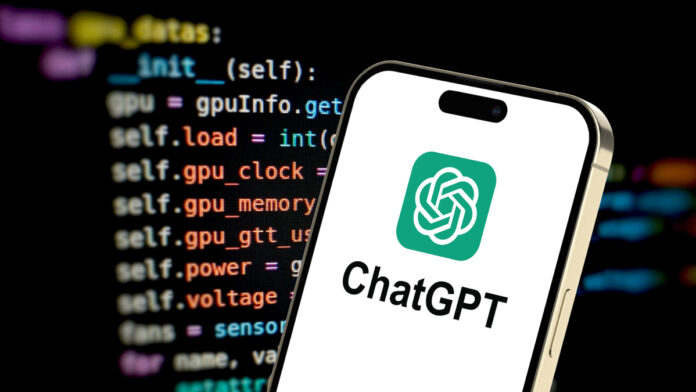Data leaks and security concerns arise as users report sensitive information leakage from OpenAI’s ChatGPT, an AI-powered chatbot. The incident raises questions about the vulnerability of AI systems and the effectiveness of safeguards in place. This article explores the details of the data leak, discusses OpenAI’s response, and highlights the broader implications for AI security.
Users of OpenAI’s ChatGPT have recently expressed concerns about data leakage, including personal details, conversations, and login credentials. This incident underscores the challenges associated with securing AI systems and maintaining user privacy.
Details of the Data Leak
Reports suggest that sensitive data, such as usernames, passwords, proposals, and presentations, was leaked to unrelated users during ChatGPT sessions. This breach is considered a significant violation of OpenAI’s privacy policies, especially when it involves the exposure of user-generated content and confidential information.
Users affected by the leak claim that the incident occurred despite strong passwords and security measures. The leaked data reportedly included details about another user’s business proposals and presentations, leading to concerns about the potential misuse of this information.
OpenAI’s Response and Attribution
OpenAI has acknowledged the data leak and attributed it to a hacker’s attack on compromised accounts. The conversations, originating from a location in Sri Lanka instead of the user’s actual location in Brooklyn, USA, suggest a deliberate attempt to mislead and exploit the AI system.
This is not the first instance where ChatGPT has faced security concerns. In March 2023, a bug in ChatGPT led to the leakage of user payment data, indicating a recurring pattern of security challenges.
Also See: ChatGPT Introduces Read Aloud Feature: A Guide on How To Use
Previous Incidents and Industry Implications
In another notable incident, ChatGPT accidentally leaked company secrets belonging to Samsung, resulting in an internal ban on using the tool. These incidents highlight the potential risks associated with large language models and generative AI tools.
The broader implications extend to the entire AI industry, where companies, including OpenAI, Google, and Anthropic, must prioritize security measures and adopt vigilant postures to address evolving risks.
Compromised Credentials on the Dark Web
Compounding the situation, Group-IB has reported that over 225,000 compromised ChatGPT credentials were available for sale on dark web markets between January and October 2023. These credentials were associated with information stealer logs linked to various malware, including LummaC2, Raccoon, and RedLine.
The rise in compromised credentials aligns with a broader trend of threat actors targeting AI systems. The accessibility and availability of stolen information contribute to the growing challenges of identity and access management.
Nation-State Actors and AI Security
Recent revelations from Microsoft and OpenAI indicate that nation-state actors from Russia, North Korea, Iran, and China are experimenting with AI and large language models for cyber attacks. This underscores the strategic importance of securing AI systems against potential misuse by state-sponsored entities.
Also See: Jio Brain vs ChatGPT: Unveiling the Champions of AI in 2024
Conclusion
The ChatGPT data leak raises critical questions about the security of AI systems, emphasizing the need for continuous improvement in safeguards and threat mitigation. As the AI industry evolves, addressing these challenges becomes paramount to building user trust and preventing unauthorized access and data breaches. OpenAI and other industry leaders must prioritize the development of robust security measures to safeguard user data and maintain the integrity of AI applications.


